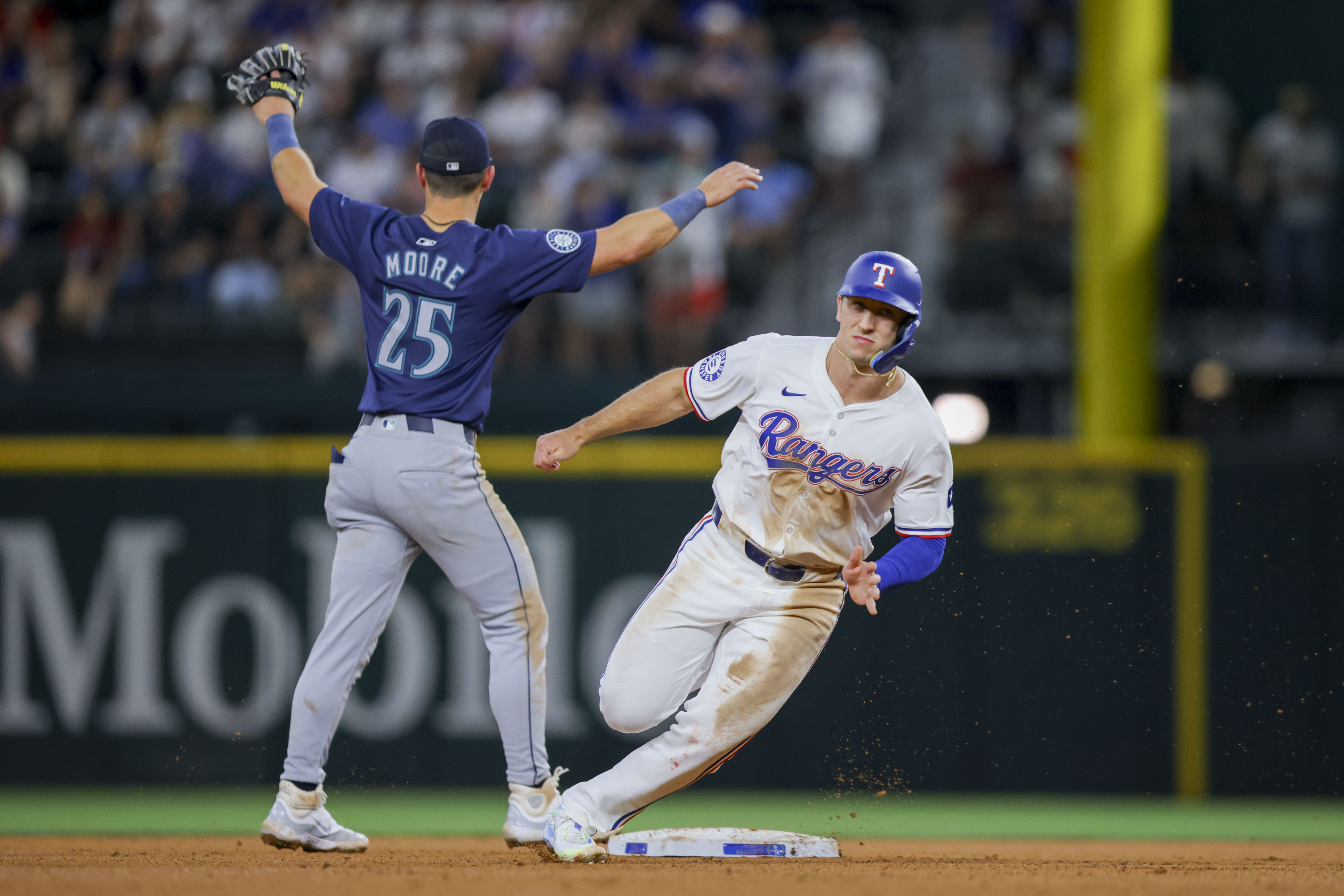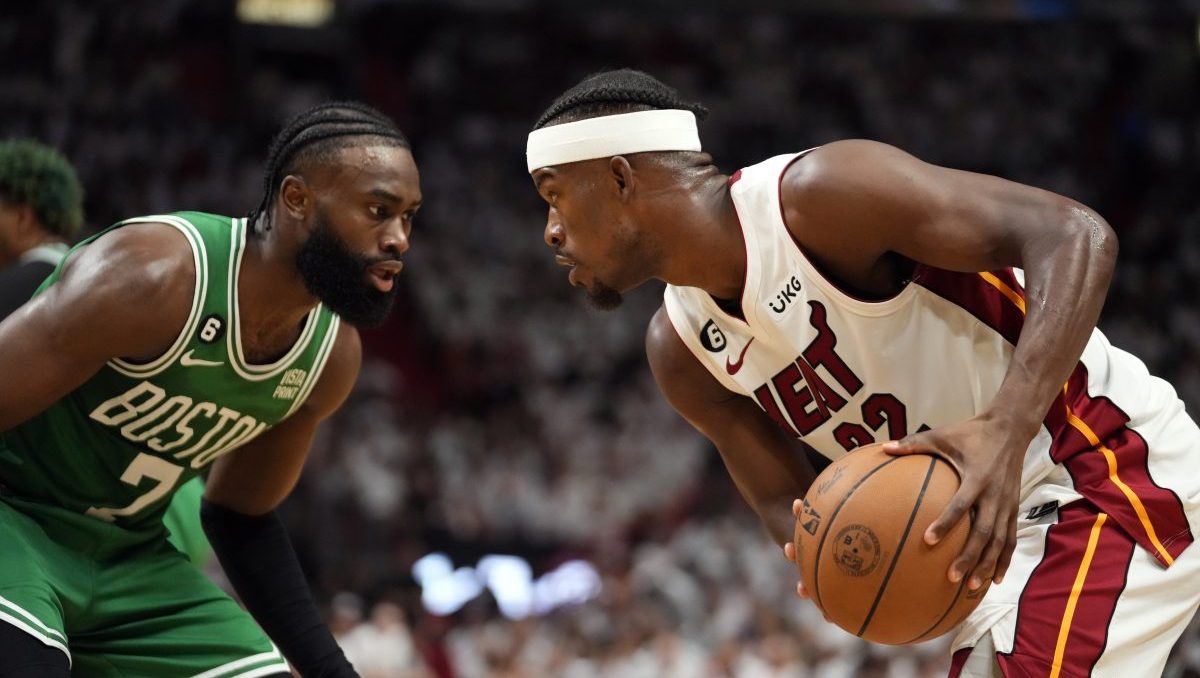Tony Clark was a minor league prospect in the Detroit Tigers’ system and Rob Manfred a junior lawyer on Major League Baseball management’s legal team during the sport's last work stoppage.
Now, they lead billion-dollar factions of a fractured sport that is headed toward a lockout that would start when the collective bargaining agreement expires at 11:59 p.m. EST Wednesday.
“His voice of being a player resonates with fellow players,” leading player agent Scott Boras said this week of Clark, who leads the players' union. “That communication branch is a very important part of the union leadership. And I also think that Tony has now armed himself with a strong legal staff.”
Barring unexpected progress during talks at the union's executive board meeting in Irving, Texas, it would be baseball’s ninth work stoppage and first since the 7 1/2-month strike of 1994-95 that wiped out the World Series for the first time in 90 years. It also would be the first stoppage since the death of Marvin Miller, who led the players' union through the first five stoppages and was a consultant to Donald Fehr during the next three.
Get DFW local news, weather forecasts and entertainment stories to your inbox. Sign up for NBC DFW newsletters.
Clark, 49 and a dozen years removed from his last at-bat, stands out in a crowd: He's 6-foot-8 with a deep voice and a beard that has turned a professorial white. The former All-Star first baseman is the first former player to head the union, and was hired as director of player relations in March 2010. After union head Michael Weiner was stricken with a malignant brain tumor, he promoted Clark to deputy executive director in July 2013. Clark took over that December following Weiner’s death.
“I expected to be tied to the hip with Michael for 20 years,” Clark said.
Clark attended his first executive board meeting in 1999, became a team player representative and then an association representative, playing a part in the 2002 and 2006 bargaining sessions as well as negotiations on revisions to the Joint Drug Agreement.
Sports Connection
Connecting you to your favorite North Texas sports teams as well as sports news around the globe.
“The idea of him being a player, you never forget that as part of his resume, but that’s not all he is,” Curtis Granderson said in 2013.
Manfred, the 63-year-old MLB commissioner, is a graduate of the Cornell School of Industrial and Labor Relations and Harvard Law School. He was an associate when his law firm was retained in 1987 as counsel for MLB’s Player Relations Committee, assisted in bargaining during the 1990 spring-training lockout and was promoted to partner in 1991.
Manfred assisted again during the 1994-95 strike and when a deal was reached in 1996-97, and then became an MLB executive vice president in 1998 under Commissioner Bud Selig. He led negotiations for labor deals in 2002 and 2006 with then-Chief Operations Officer Bob DuPuy, headed talks in 2011, and succeeded Selig in January 2015.
“Rob is a very seasoned negotiator,” said Yankees president Randy Levine, the lead bargainer in 1996-97. “He has the ability to see paths around the corner for settlement because at the end of the day, these issues change but they’re basically the same issues that the parties have been negotiating over and talking about for 40 years.”
The union's desires for more liberal free agency and salary arbitration rules, and management's preference for spending restraints — such as the luxury tax and brakes on amateur spending — are always among the key components to a deal. Postseason size and format is also a perennial economic and competitive issue, along with expanding the designated hitter to the National League, a union proposal that MLB has offered to accept this time.
While Deputy Commissioner Dan Halem remains MLB’s lead negotiator, Clark replaced Rick Shapiro in 2018 with Bruce Meyer, a former partner at Weil, Gotshal & Manges who has represented the unions in the four major U.S. sports. Boras praised Clark's decision to bring in Meyer, a structure Boras said parallels how Manfred handles negotiating.
“Rob does a lot of communicating with his ownership group has his legal team function in the bargaining area. So I think there is a common structure that now exists between both sides," Boras said.
Both parties appear to think they can outlast the other during a stoppage, a mindset that 27 years ago led to a lengthy strike, causing cancellation of the final 669 games of 1994 and the first 252 games of ’95.
Manfred had a close view of the fractious discussions among ownership leading up to Commissioner Fay Vincent’s forced resignation in 1992 and during Selig’s efforts to build a consensus for bargaining and revenue sharing. MLB’s owners have remained more orderly in recent years, but most have not been exposed to the financial and public-relations pressures of a work stoppage.
"I think some of Rob’s greatest attributes are his ability to reach consensus,” St. Louis Cardinals owner Bill DeWitt Jr. said.
___
More AP MLB: https://apnews.com/hub/MLB and https://twitter.com/AP_Sports



